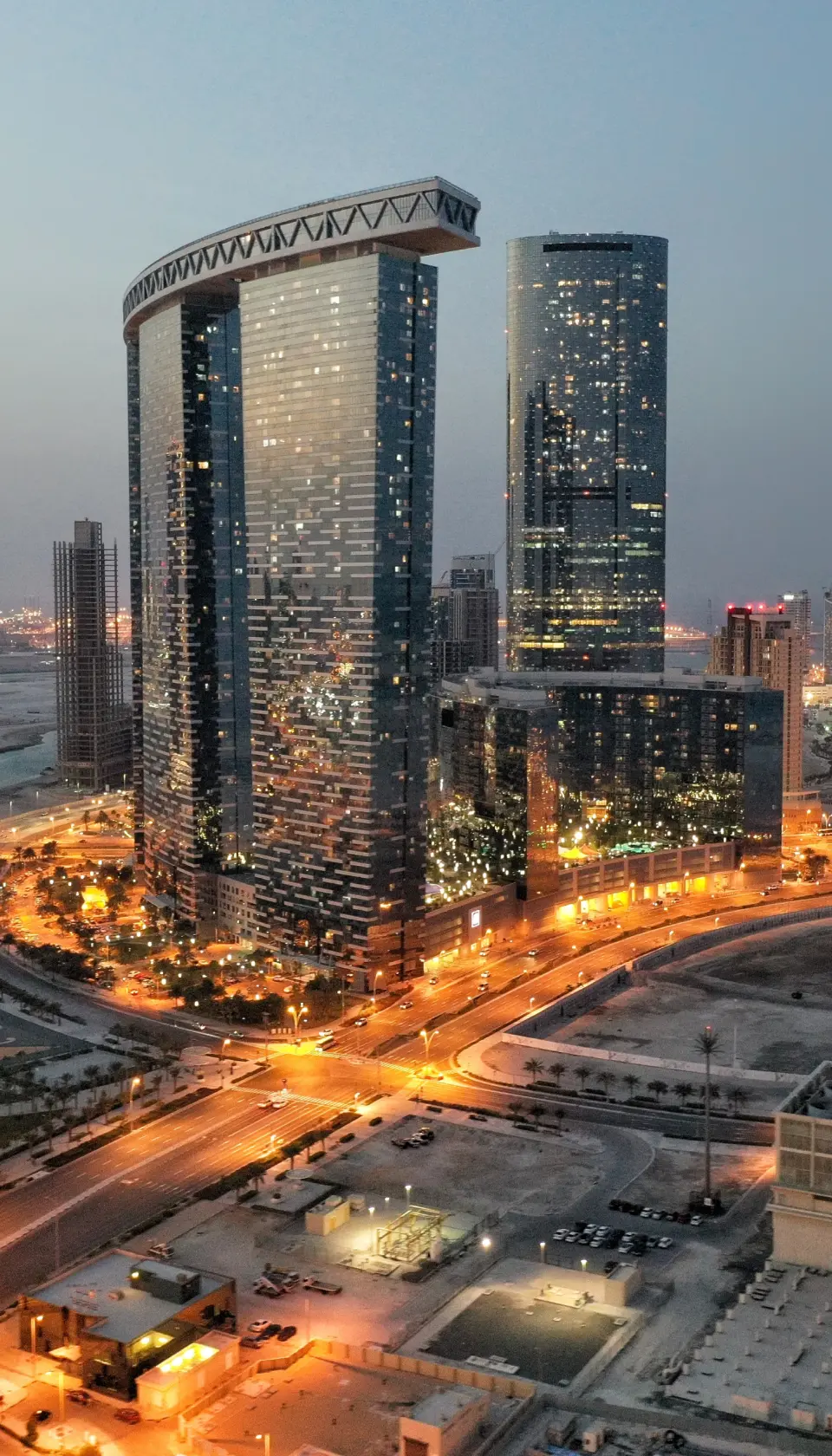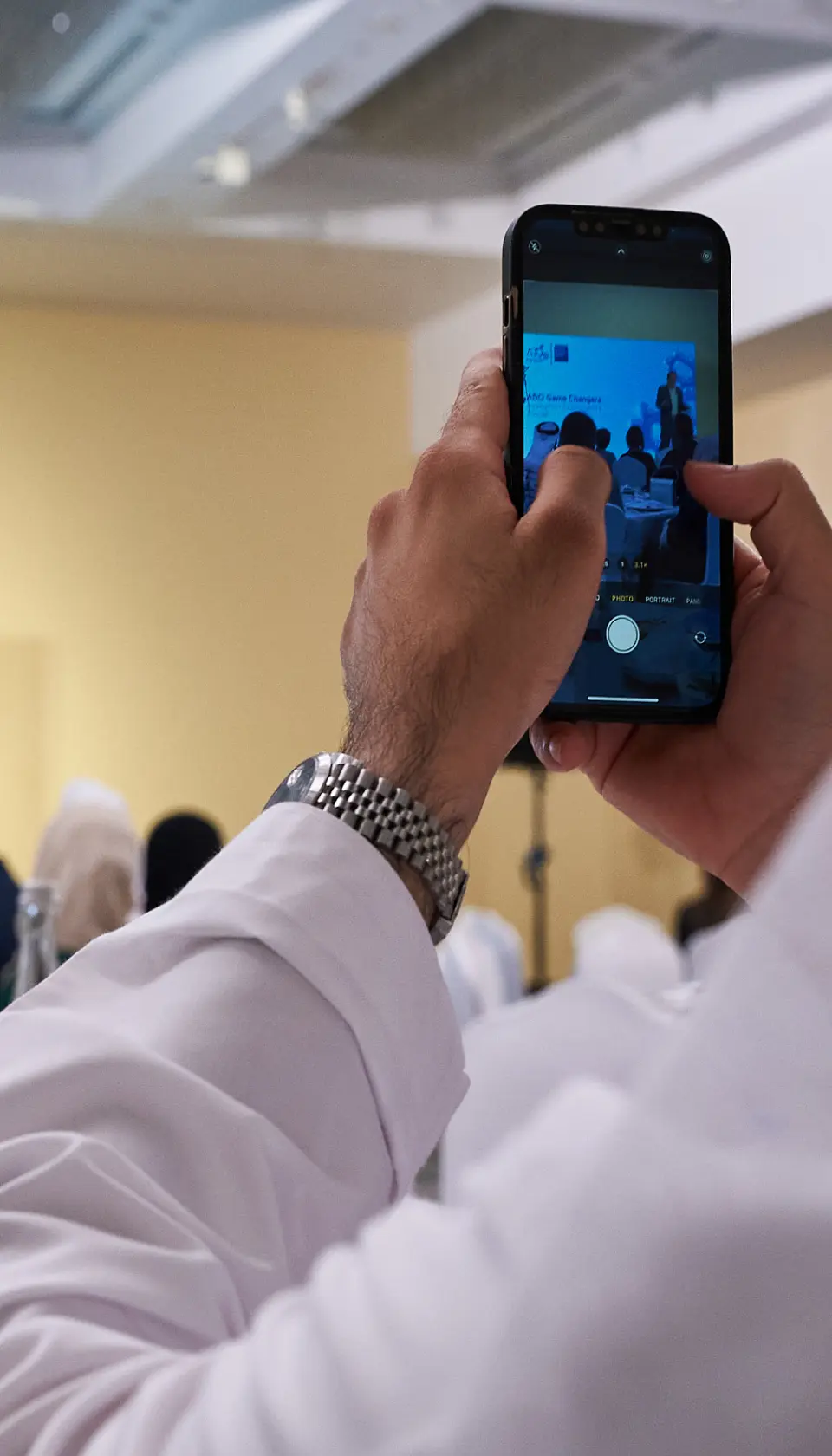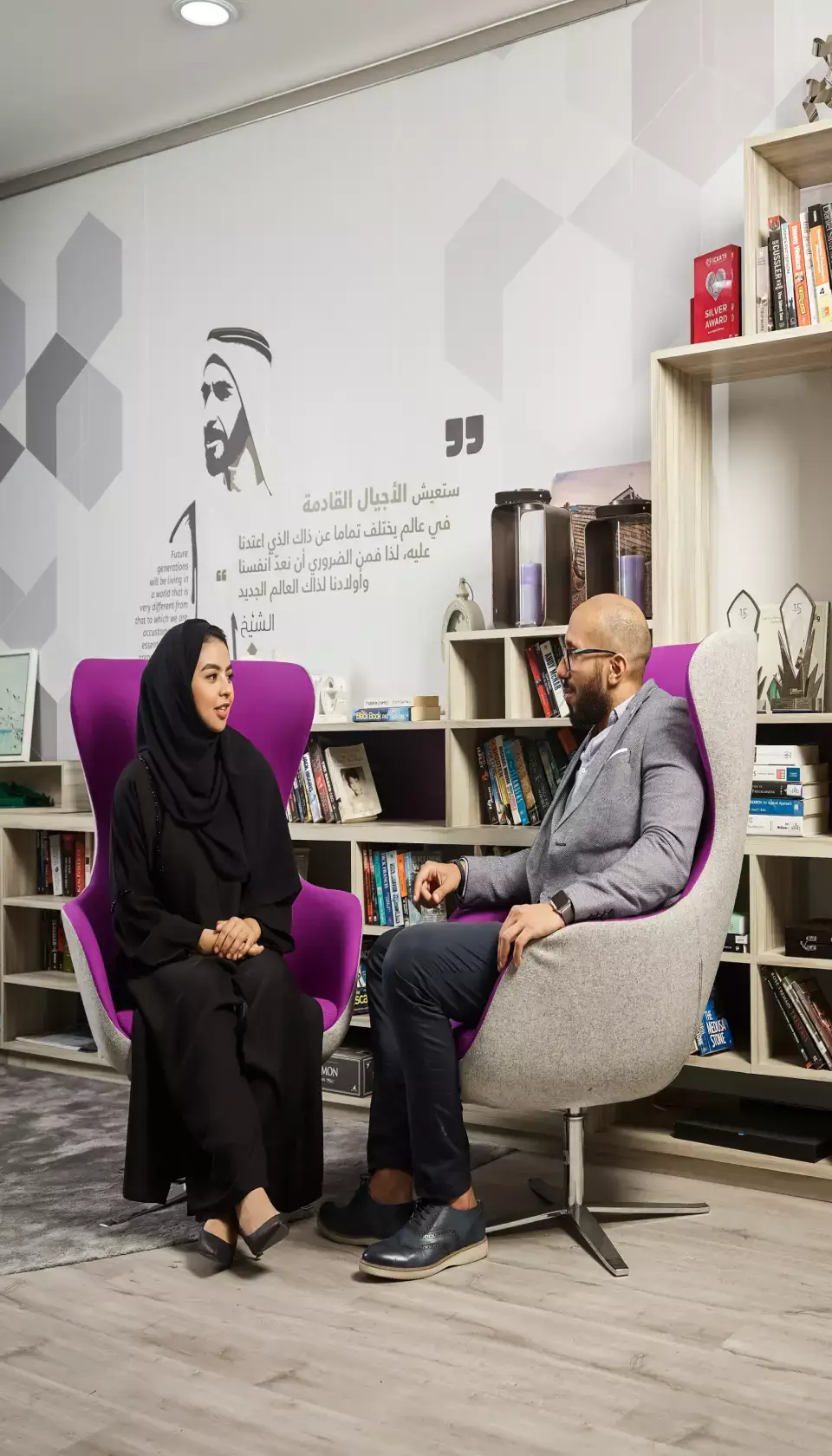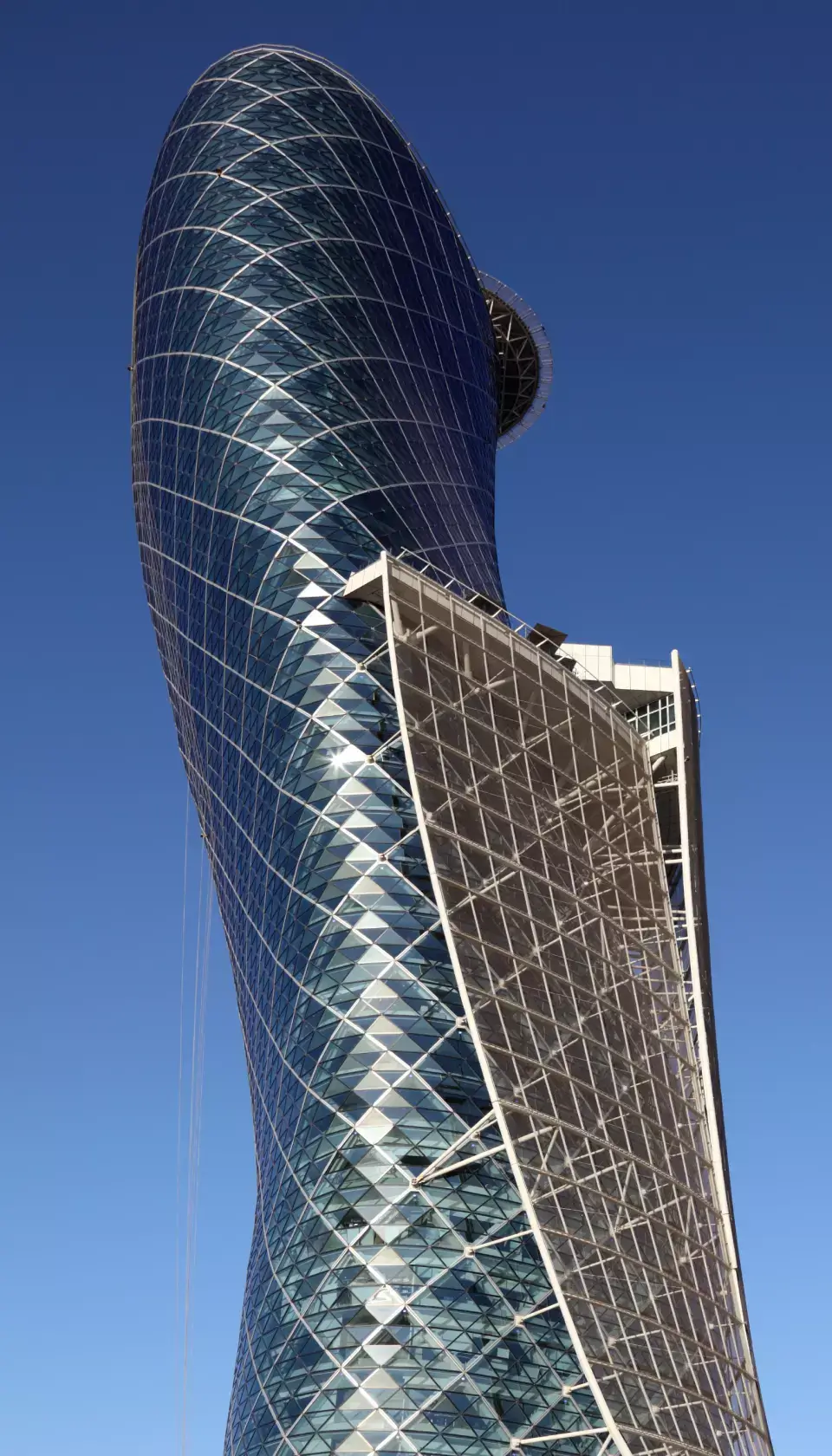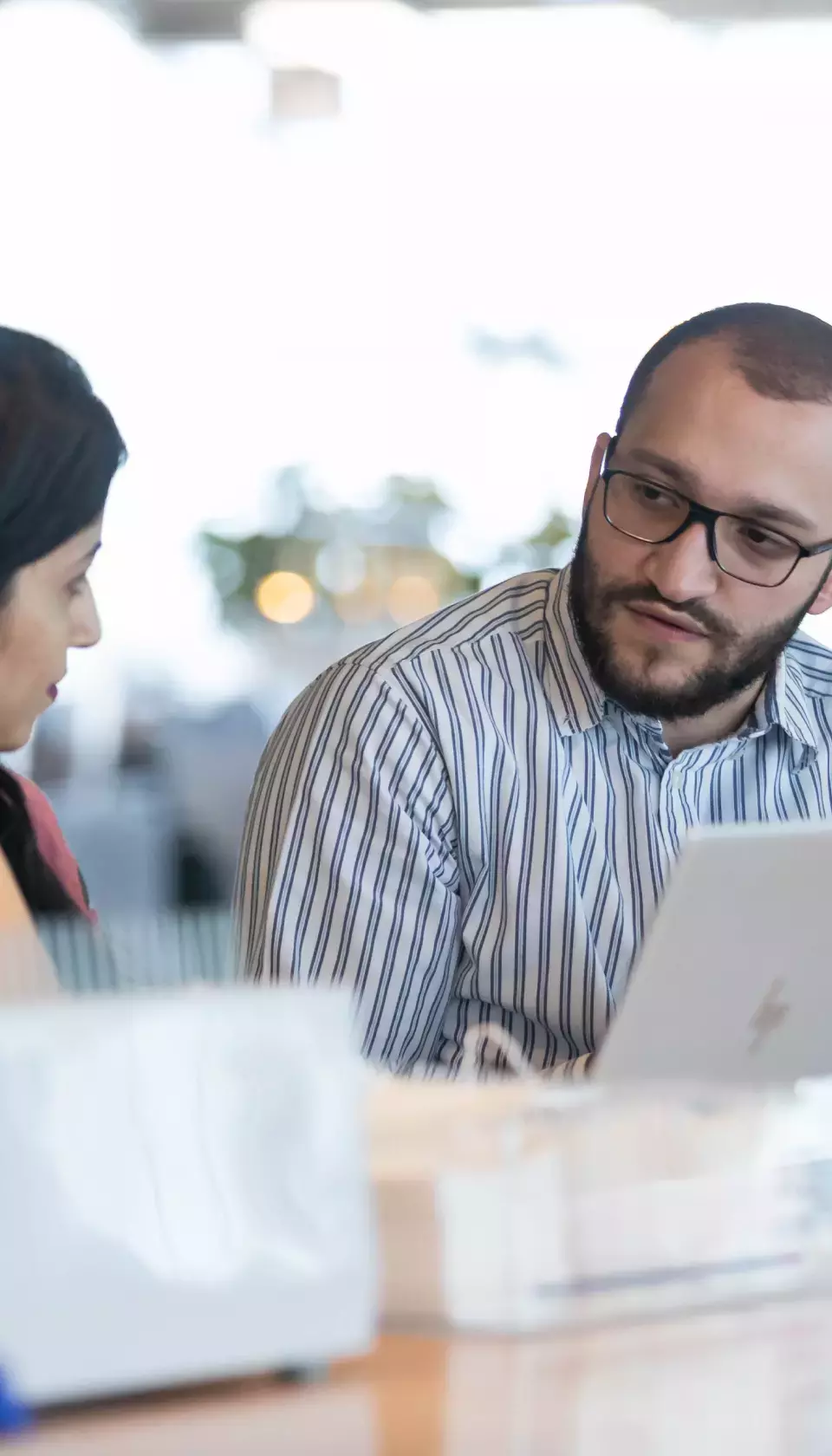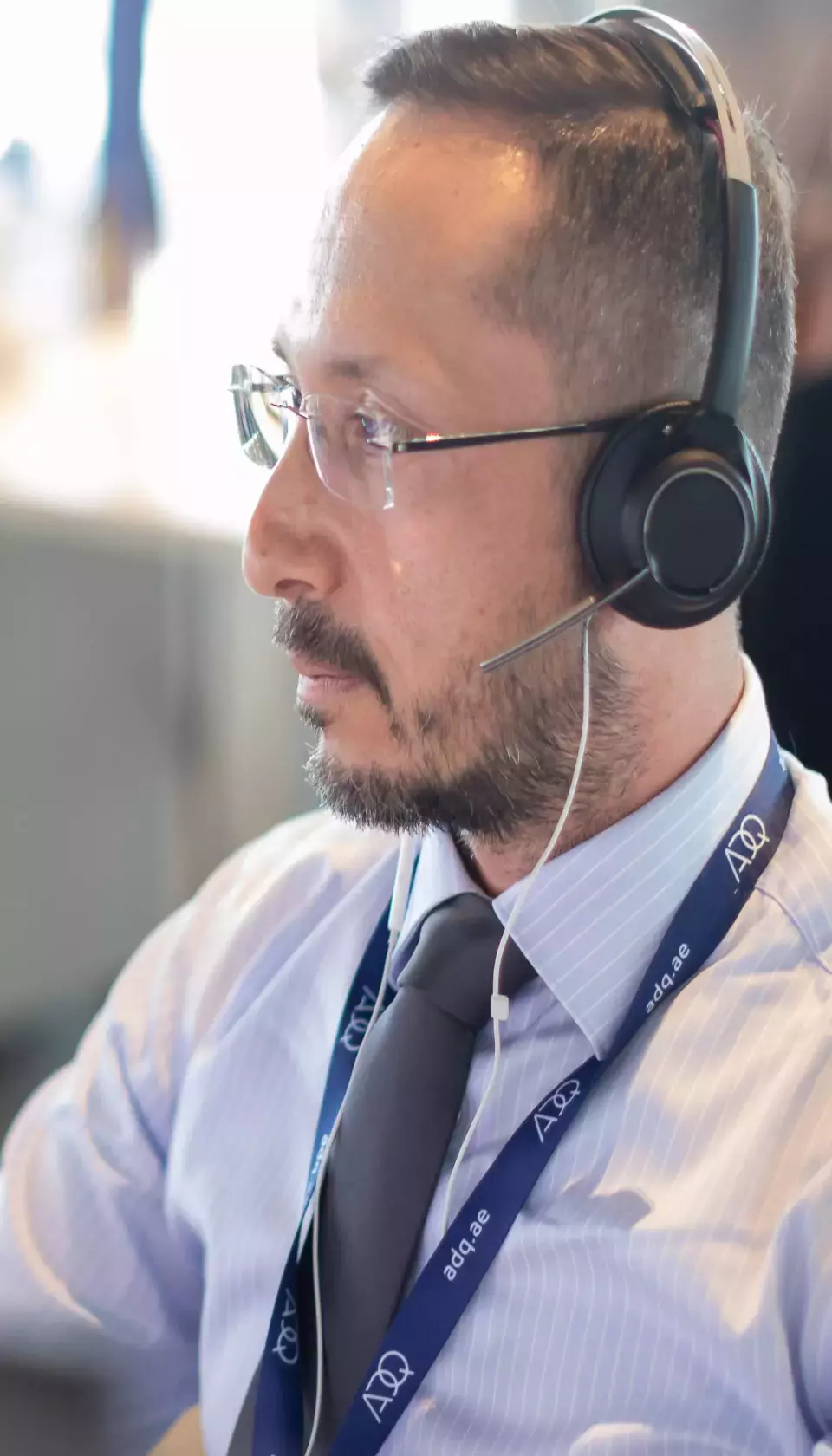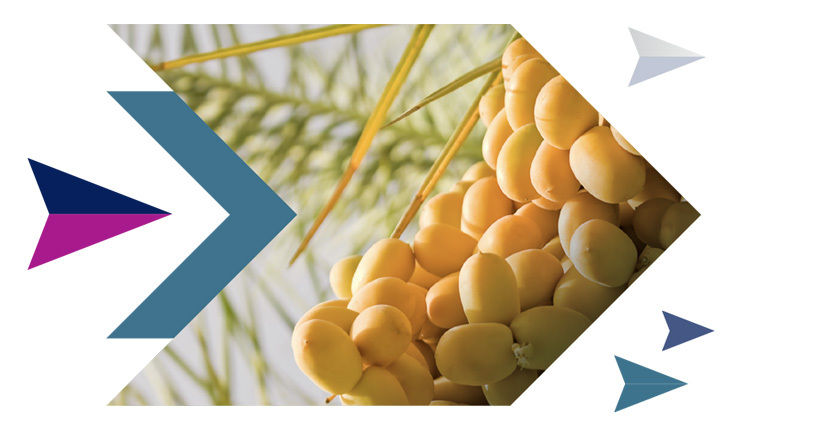Highlights
A robust and efficient food system is a key ingredient for the UAE’s plans to cultivate its youth and economy.
With more disposable income, many consumers are shifting towards healthier, more sustainable and more nutritional food choices with greater traceability through the food supply chain.
But our food systems are also facing substantial challenges. The world’s population is growing, projected to rise by 2 billion to nearly 10 billion in the next 30 years. In the UAE, less than 5 per cent of land is fertile and water is scarce. The global pandemic has created a rapid rethink of food resilience, underlining the importance of investment in local food production and a robust integrated value chain for nourishing future generations.
The UAE is taking the critical actions needed to address these issues locally through education, engagement, innovation and entrepreneurial solutions. The Government has spared no effort to strengthen food resilience in a nation that consumes 90 per cent of food originating from overseas. Increasing local production and its regional interconnectivity are critical for the next phase of the nation’s food ecosystem. Additionally, itwill support the nation’s ambition to further enhance food security and attain the top ranking in the Global Food Security Index by 2051.
Progress towards a sustainable, resilient future locally
Despite its arid desert environment, the UAE has developed into an advanced economy with the infrastructure, technology, vision and expertise to grow food locally and establish a sustainable food and agricultural hub. Notably, the UAE was the world’s first country to establish a dedicated ministry to address food resilience. In Abu Dhabi, the Government is increasing domestic agricultural production by 40 per cent over the medium term. For the UAE to supply high-quality food for our rising population, we require an efficient supply system and a greater appreciation of the quality of locally produced food.
There are many benefits that come from consuming fruits and vegetables which have not been transported across many time zones and many days – these range from freshness to lower carbon footprints. For example, there is a nutritional benefit to consuming products soon after they have been harvested and shortening transit time from farm to fork is better for our health. Several studies, including from the University of California, show that vegetables can lose between 15 to 77% of their vitamin C content within 7 days. Moreover, consuming locally produced food reduces the carbon footprint and directly benefits the local economy through job creation, which ultimately benefit all participants and consumers. As such, consuming locally produced food is not only an investment in our health but also in the local economy.
Innovation and investment are driving forces for increasing local production. They facilitate research into and adoption of modern techniques such as indoor farming, reusable water integration and alternative proteins. In addition, like in so many industries, investments in artificial intelligence, blockchain, machine learning and the Internet of Things (IoT) are now driving tangible efficiencies throughout the food value chain.
The need for large-scale, high-impact investments are why a holding and developmental company such as ADQ is committed to growing critical economic clusters that benefit the UAE and providing crucial infrastructure for regional and international distribution.
In 2020, we established Silal as part of our sustained commitment to enhancing the UAE’s food and agriculture ecosystem and helping drive locally grown, raised and manufactured food. Silal’s mandate includes implementing knowledge-transfer programmes related to desert farming technology and other R&D projects to increase the local production of fruits and vegetables from small farmers in the UAE.
Earlier this year, DisruptAD, our venture platform, participated in the $105 million Series B funding of Aleph Farms, which grows cultivated meat from animal cells, and is exploring plans to set up a manufacturing facility in Abu Dhabi to supply the UAE and GCC region. We announced our development plans for an AgTech Park focused on the sustainable production of high-quality fresh produce in Abu Dhabi.
Abu Dhabi’s future in the global food value chain
However, we recognise that no nation can be entirely self-sufficient. Access to global food markets, and trade ties is necessary. Abu Dhabi’s ambition to serve a growing nation with locally sourced food provides the optimal opportunity to demonstrate leadership at a global scale by also supplying other countries in the Middle East, Asia and Africa challenged by limited infrastructure.
These countries could benefit from the UAE’s investment, food exports and expertise, and in turn, bolster their food resilience. Collaboration is a value we relish, and we are committed to actively work to help governments and corporations collectively build an integrated supply chain with the UAE at the heart of an interconnected regional food hub.
Our portfolio company, Abu Dhabi Ports’ Maqta Gateway digital platform, already provides a one-stop-shop for multimodal logistical requirements to facilitate international trade. Food is an essential component of this – requiring cold storage and rapid deployment.
Our recently announced AgTech Park in Khalifa Industrial Zone Abu Dhabi (KIZAD) will combine the essential elements of tech-driven agricultural facilities, and multimodal distribution channels.
If we can strike the right balance between cultivating safe and sufficient homegrown foods and supplying other markets efficiently, we can sustainably nourish future generations in a responsible manner that generates value in a prosperous, diversified economy.
By Mansour AlMulla, Group Chief Investment Officer at ADQ
About ADQ
Established in 2018, ADQ is an active global sovereign investor with a focus on critical infrastructure and supply chains. As a strategic partner to the Government of Abu Dhabi, ADQ invests in the growth of business platforms anchored in the Emirate that deliver value to local communities and long-term financial returns to its shareholder. ADQ’s total assets amounted to USD 225 billion as of 30 June 2024. Its rapidly expanding portfolio encompasses companies across numerous core sectors of the economy, including energy and utilities, transport and logistics, food and agriculture, and healthcare and life sciences.
For more information, visit adq.ae or write to media@adq.ae. You can also follow ADQ on Instagram, LinkedIn, and X.
Direct to your inbox
ADQ News and Insights delivered directly to your inbox


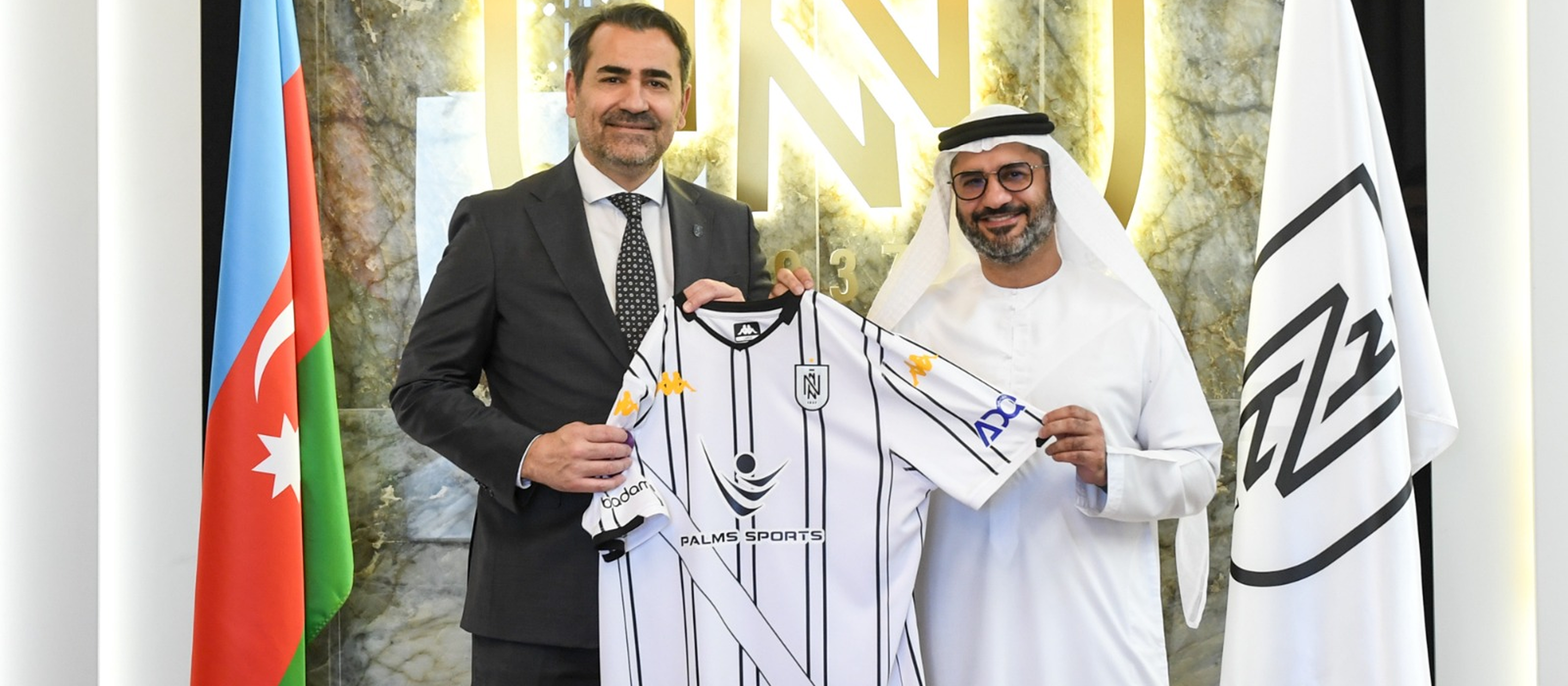
.webp)
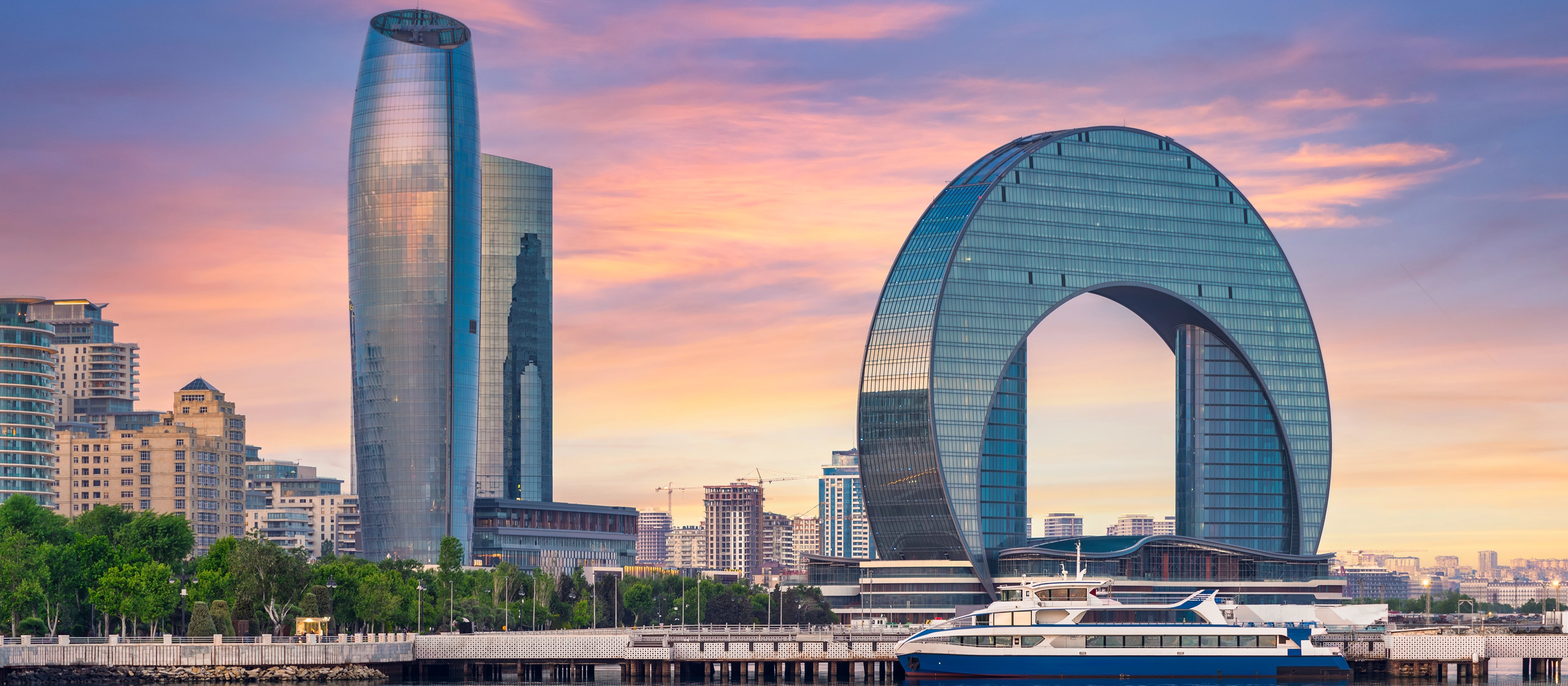
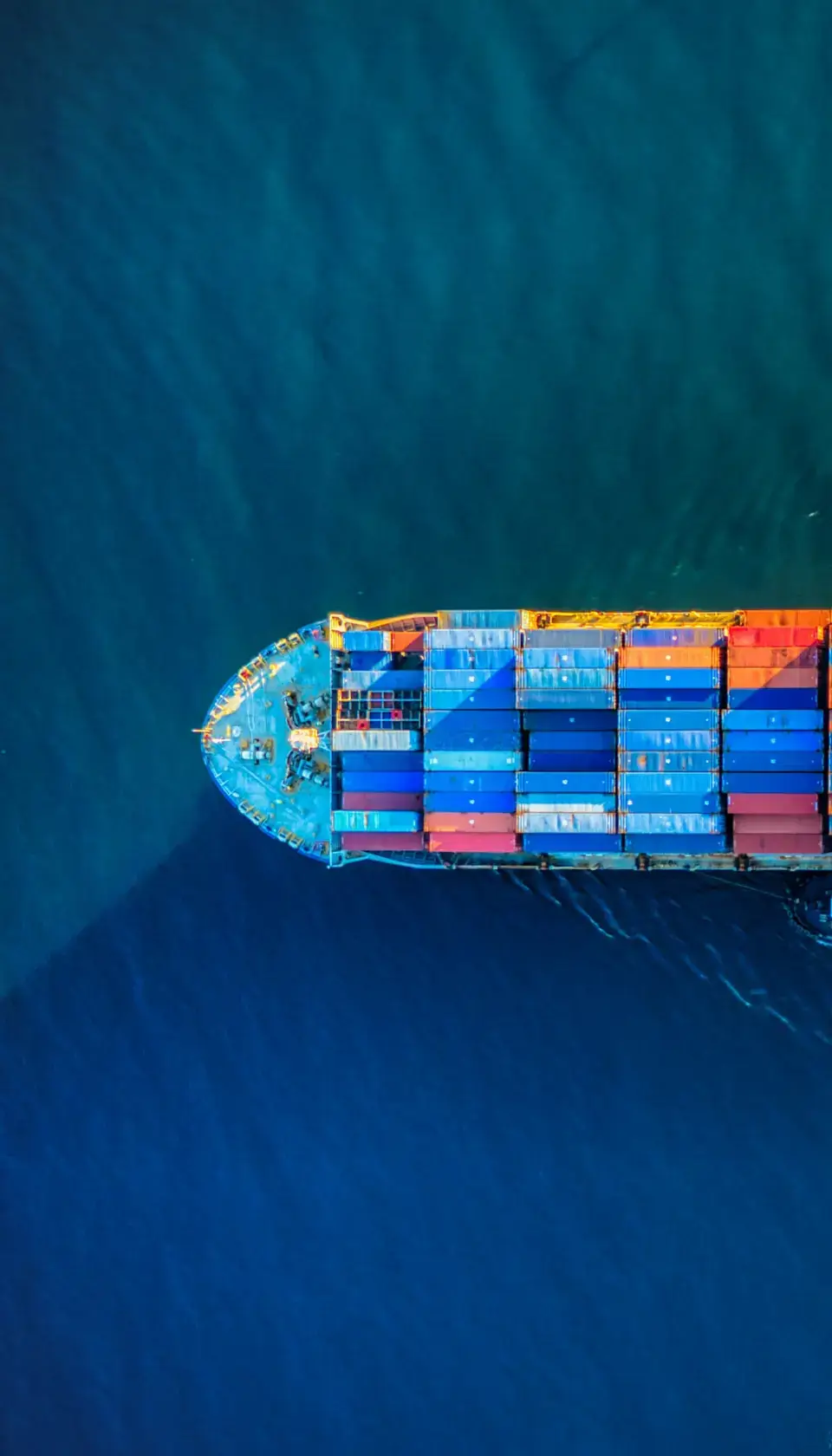


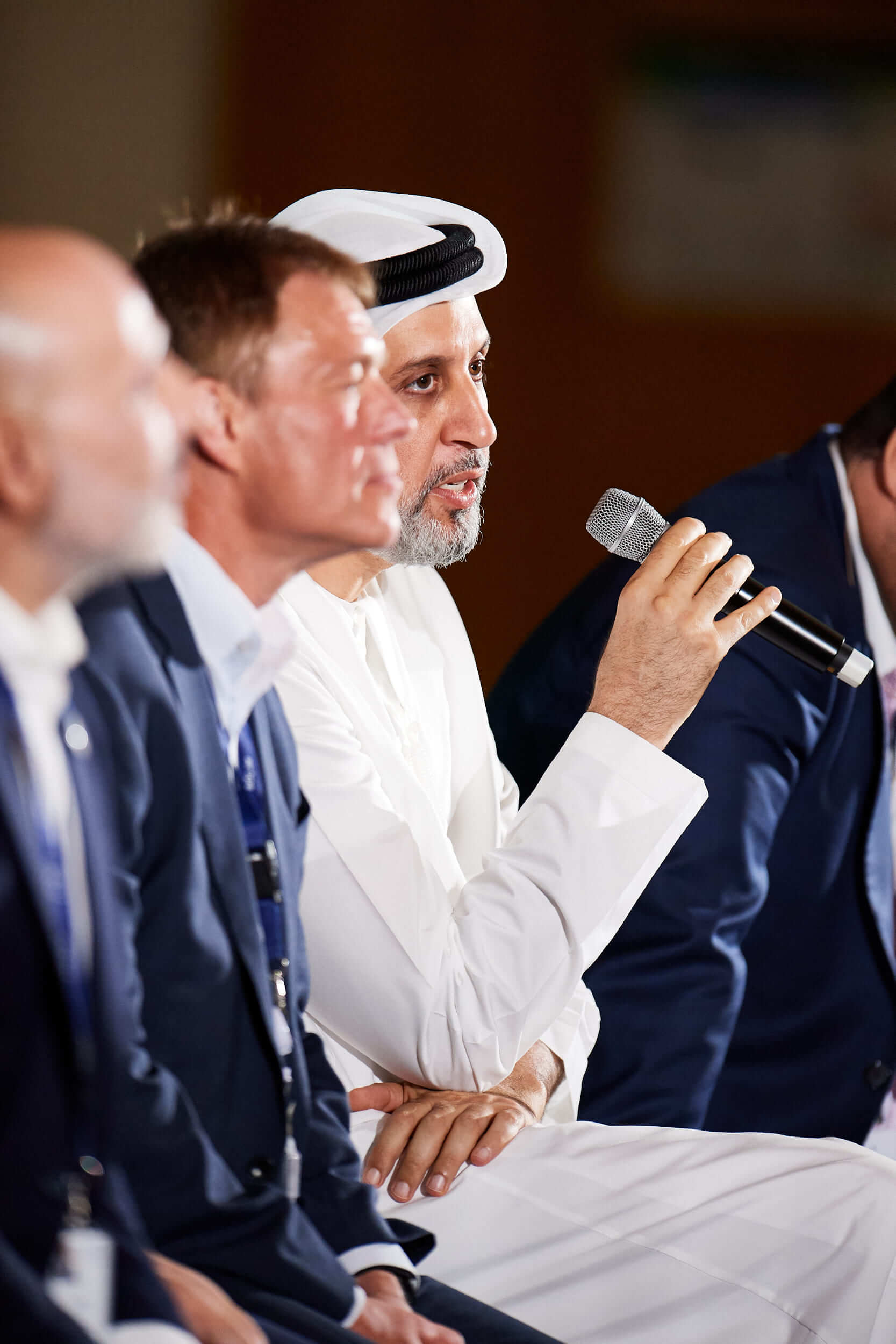
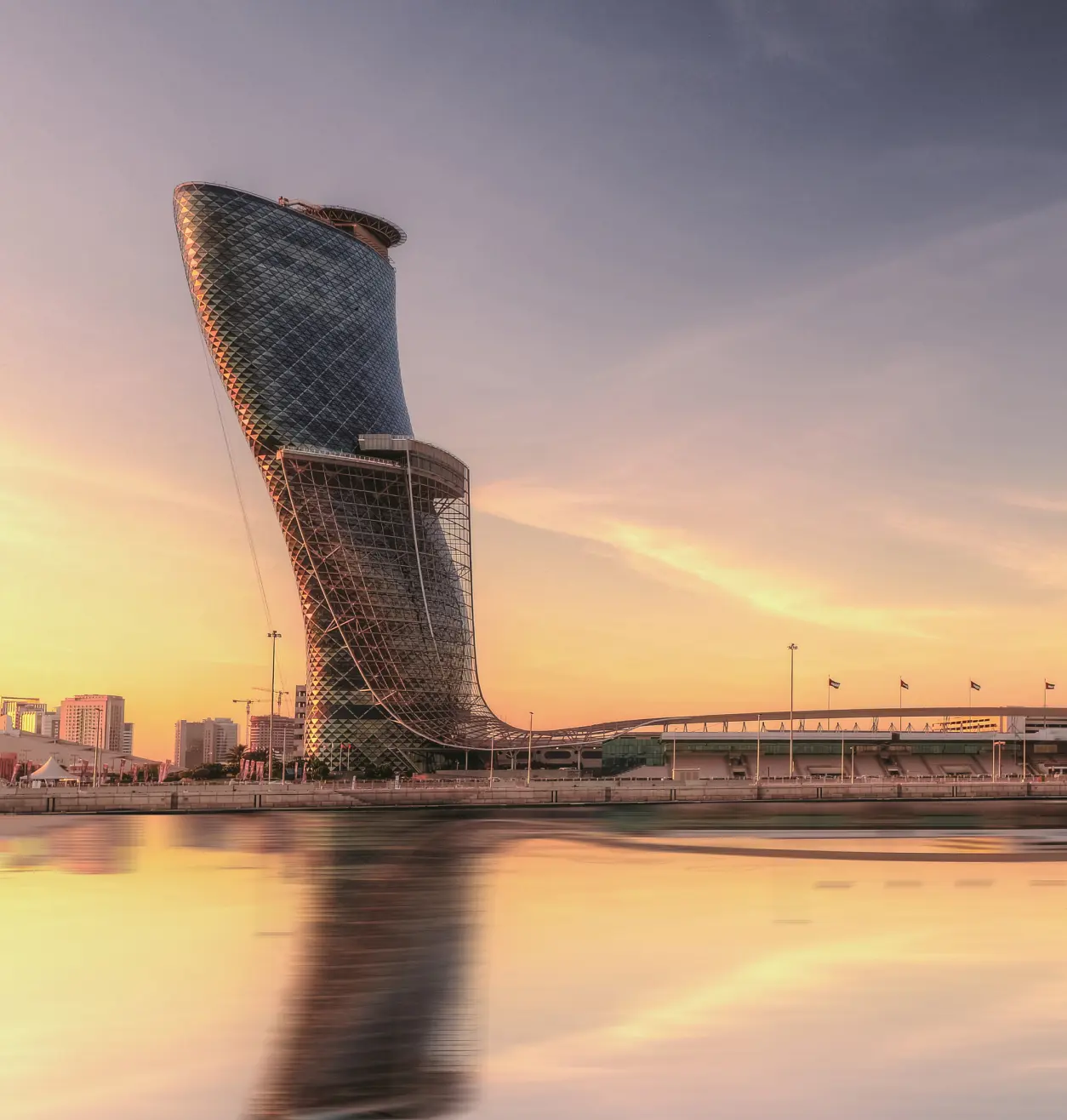
.jpg)
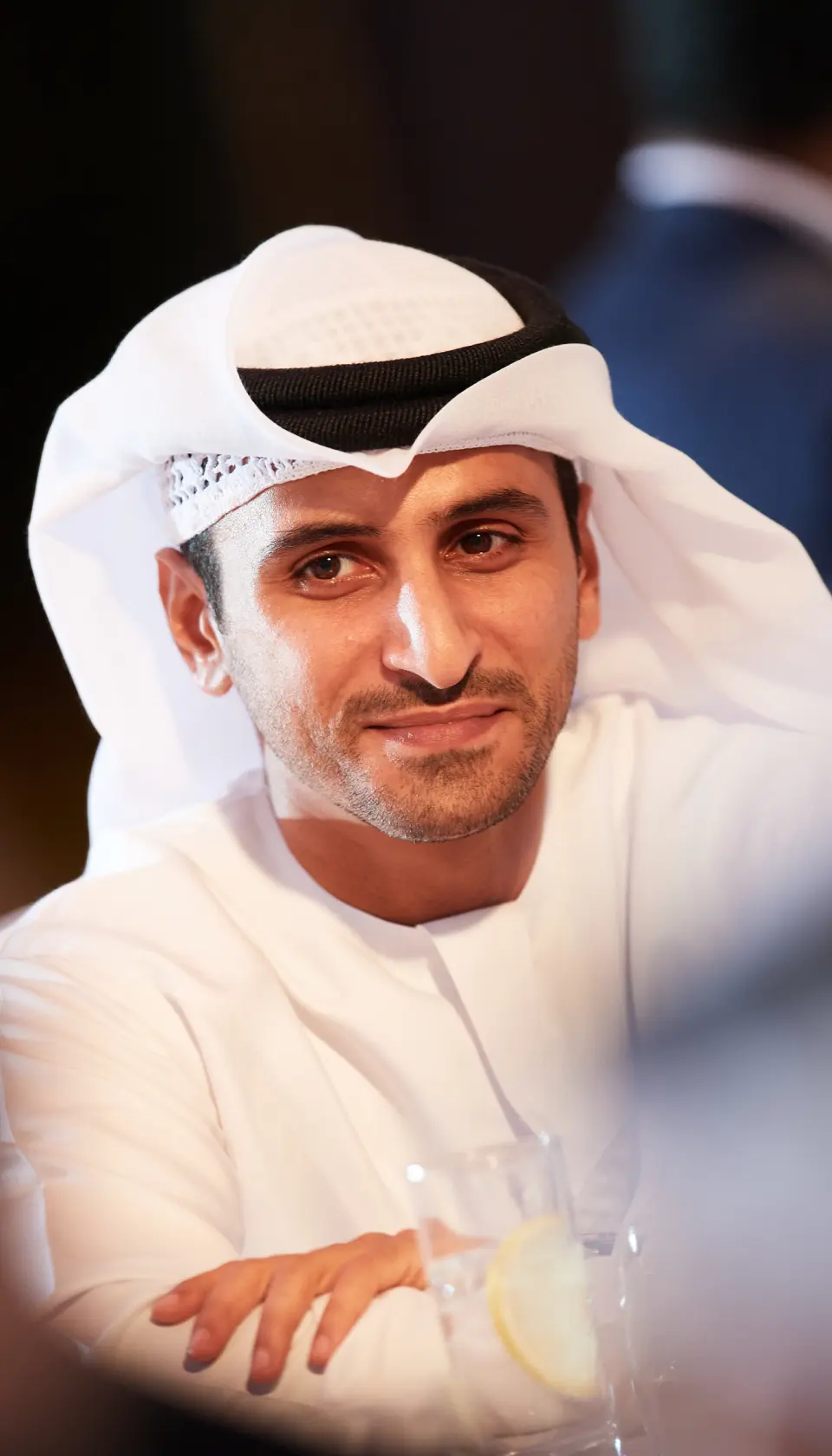
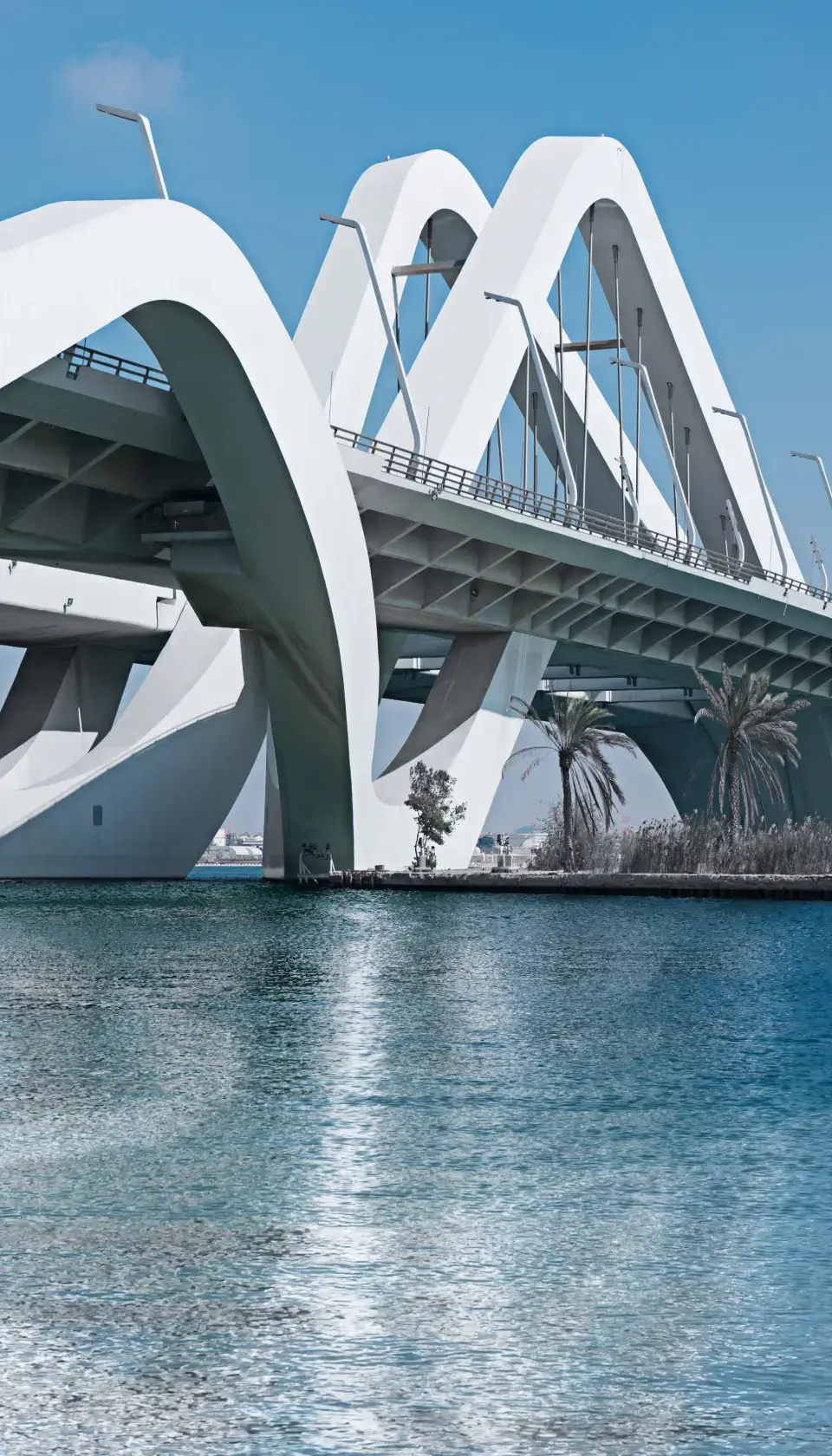


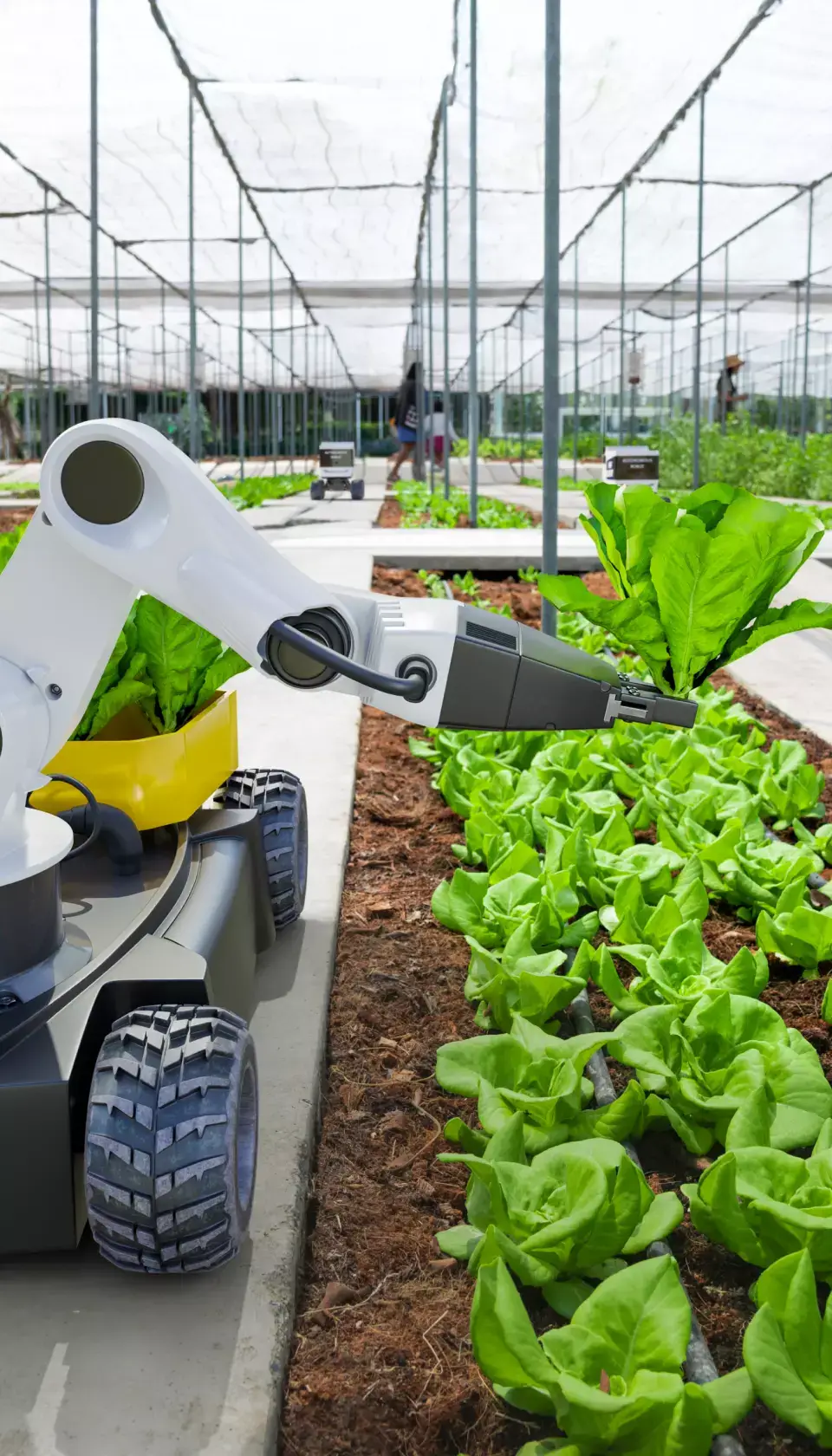
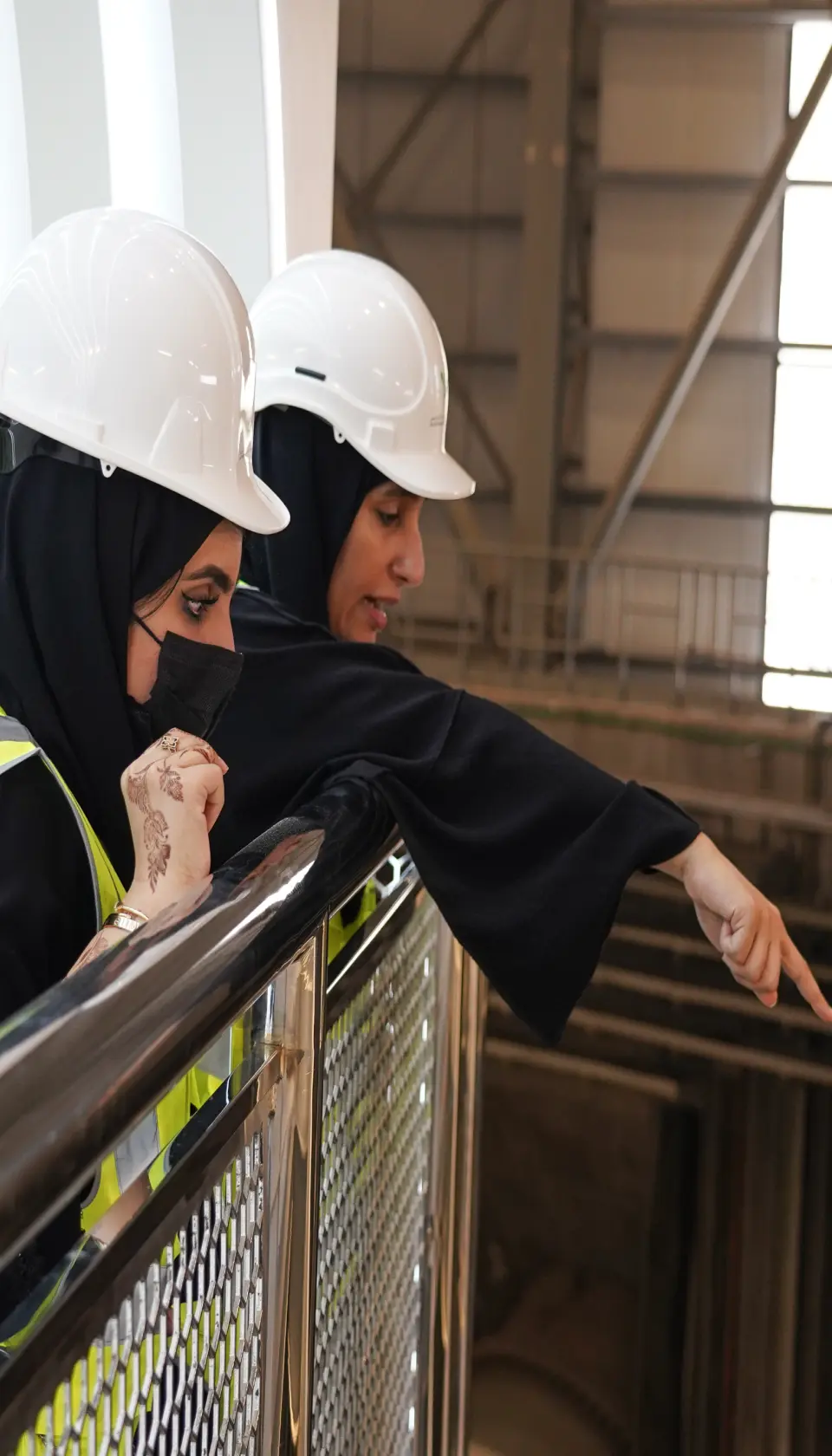

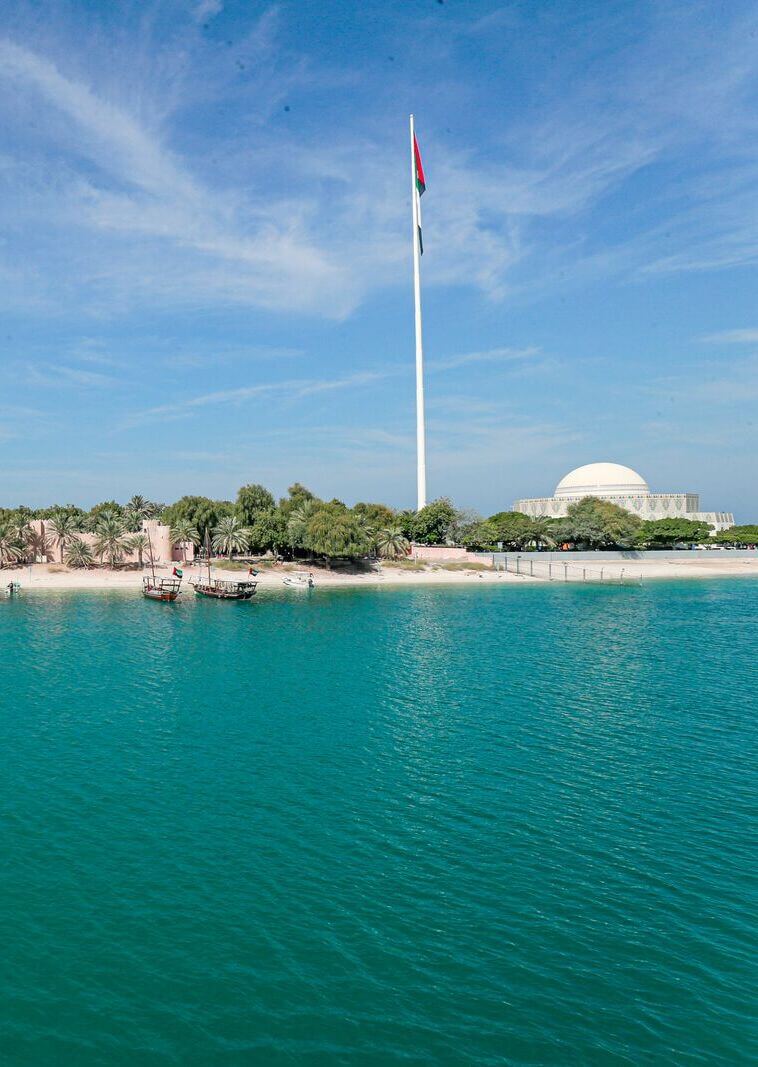
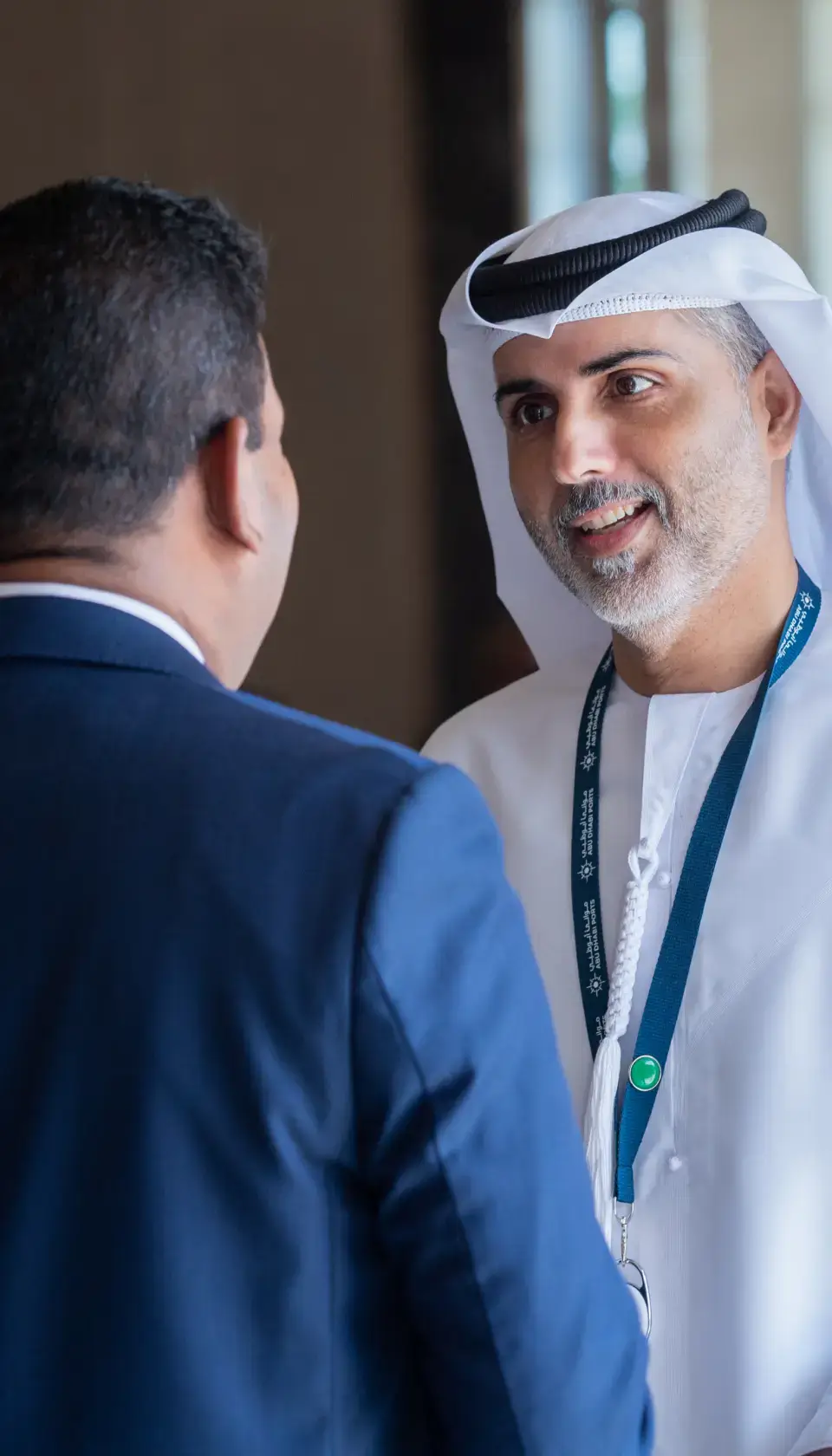


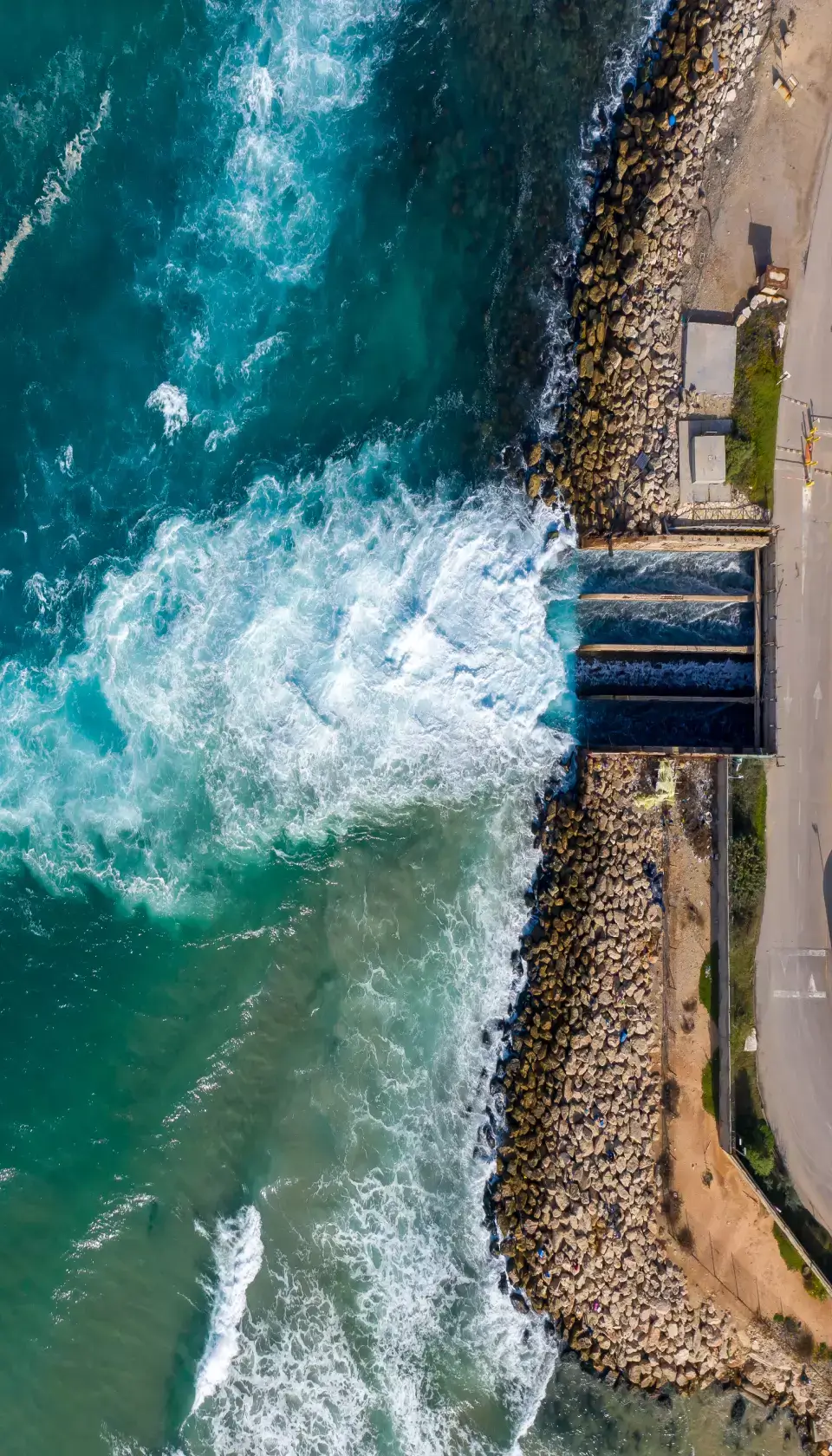
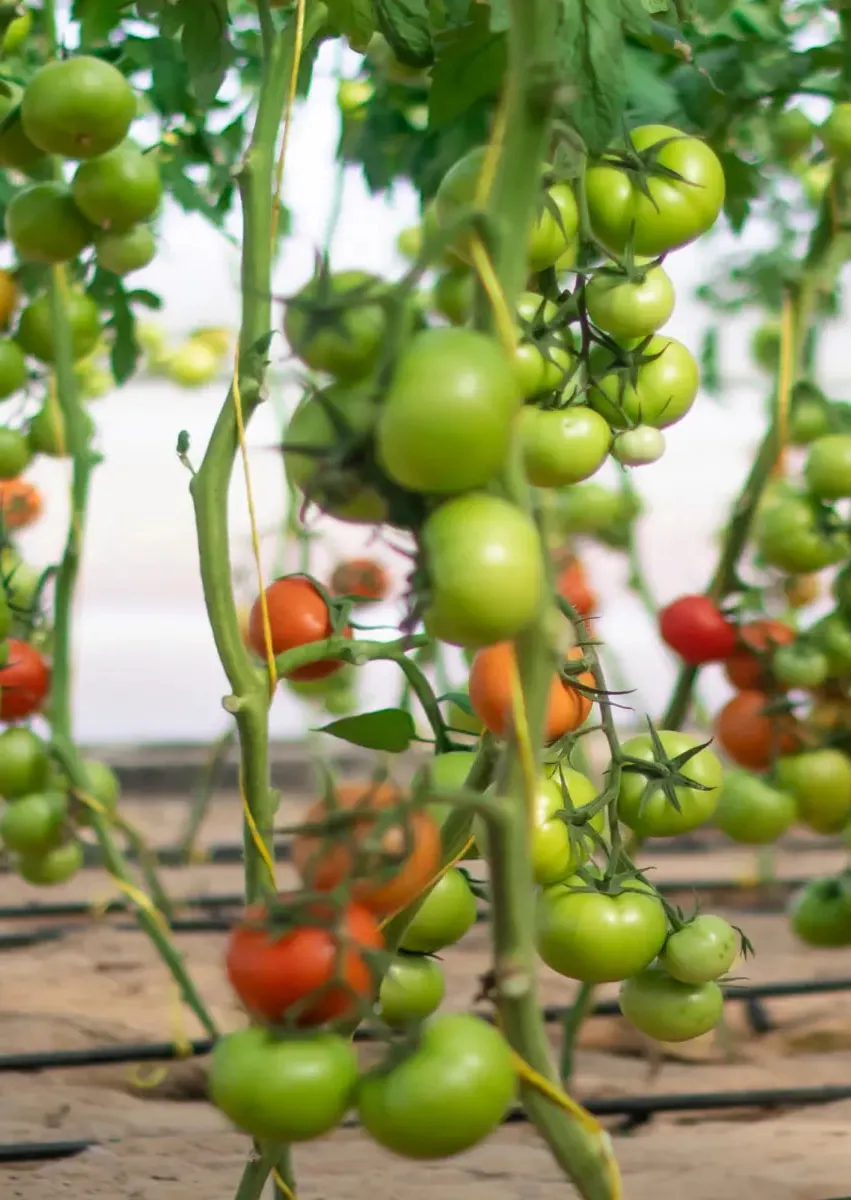
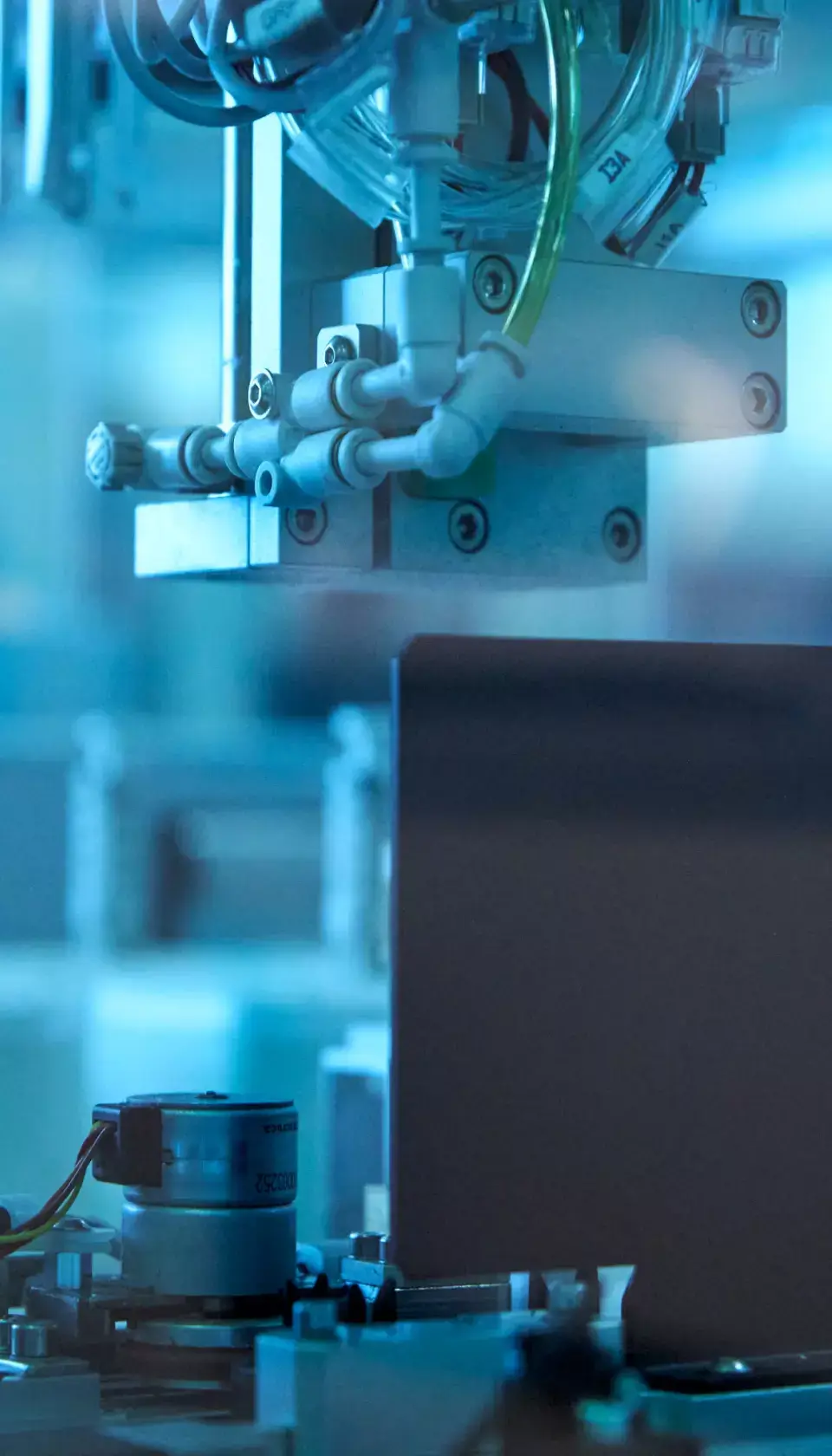

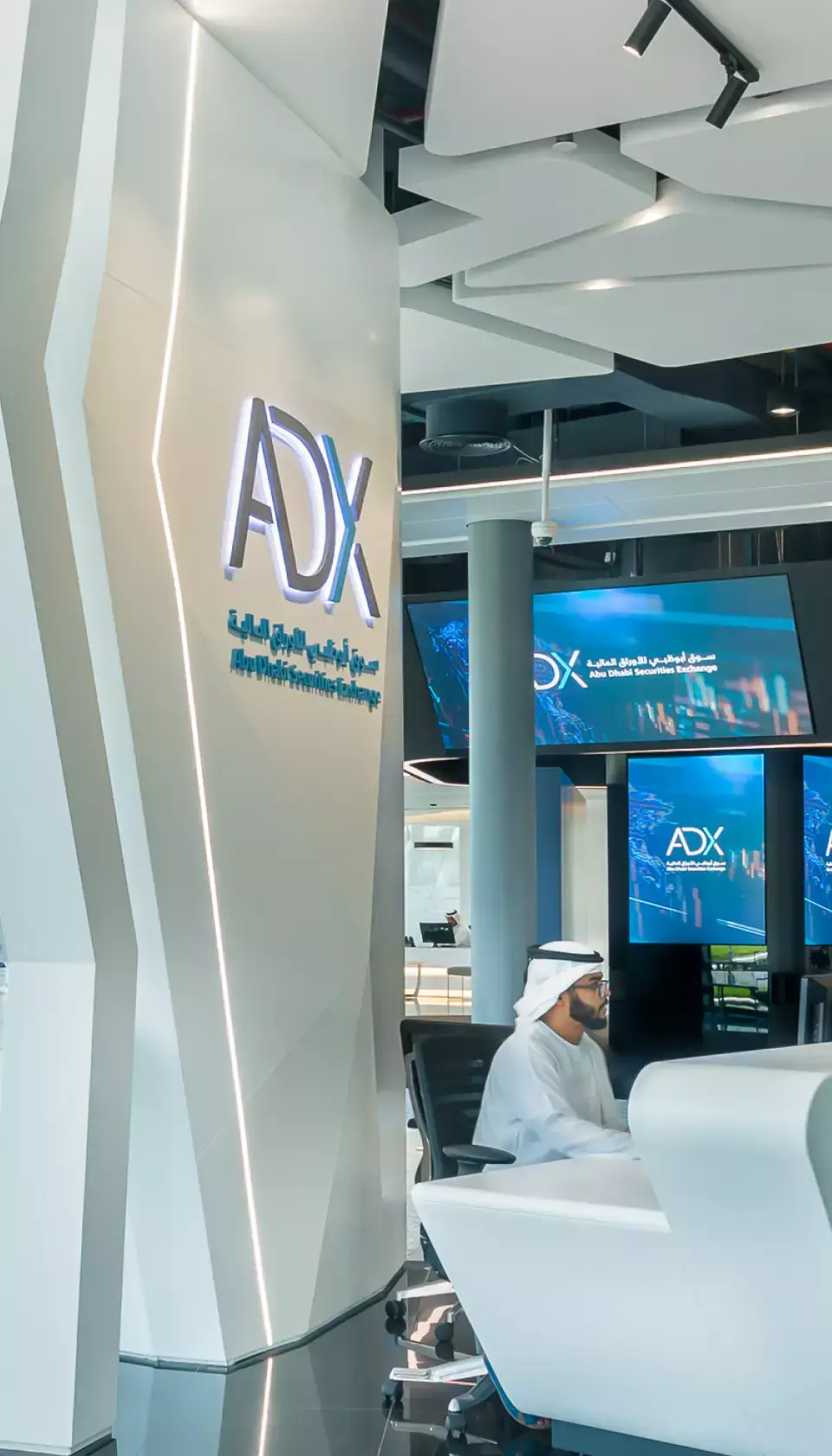
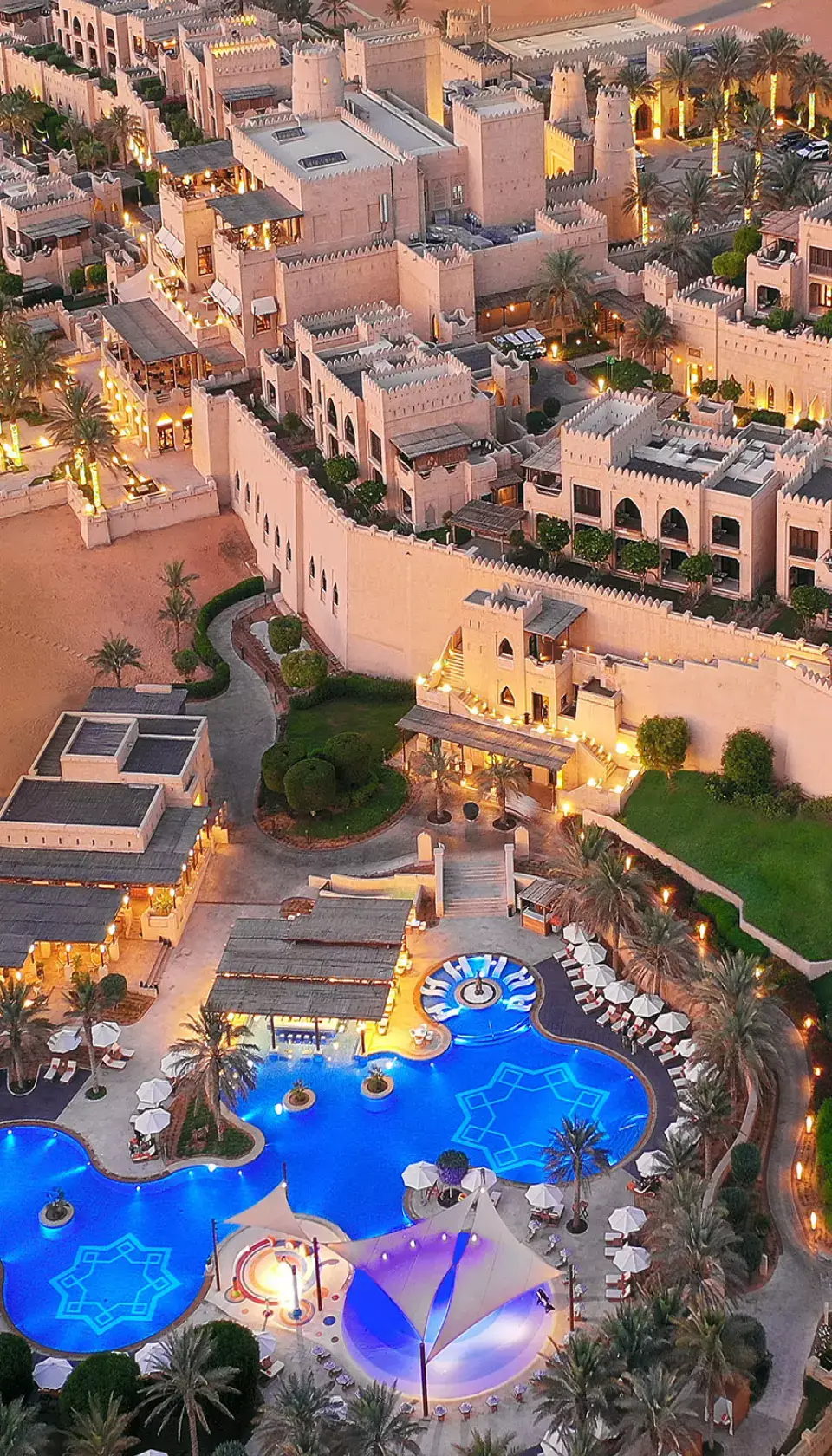
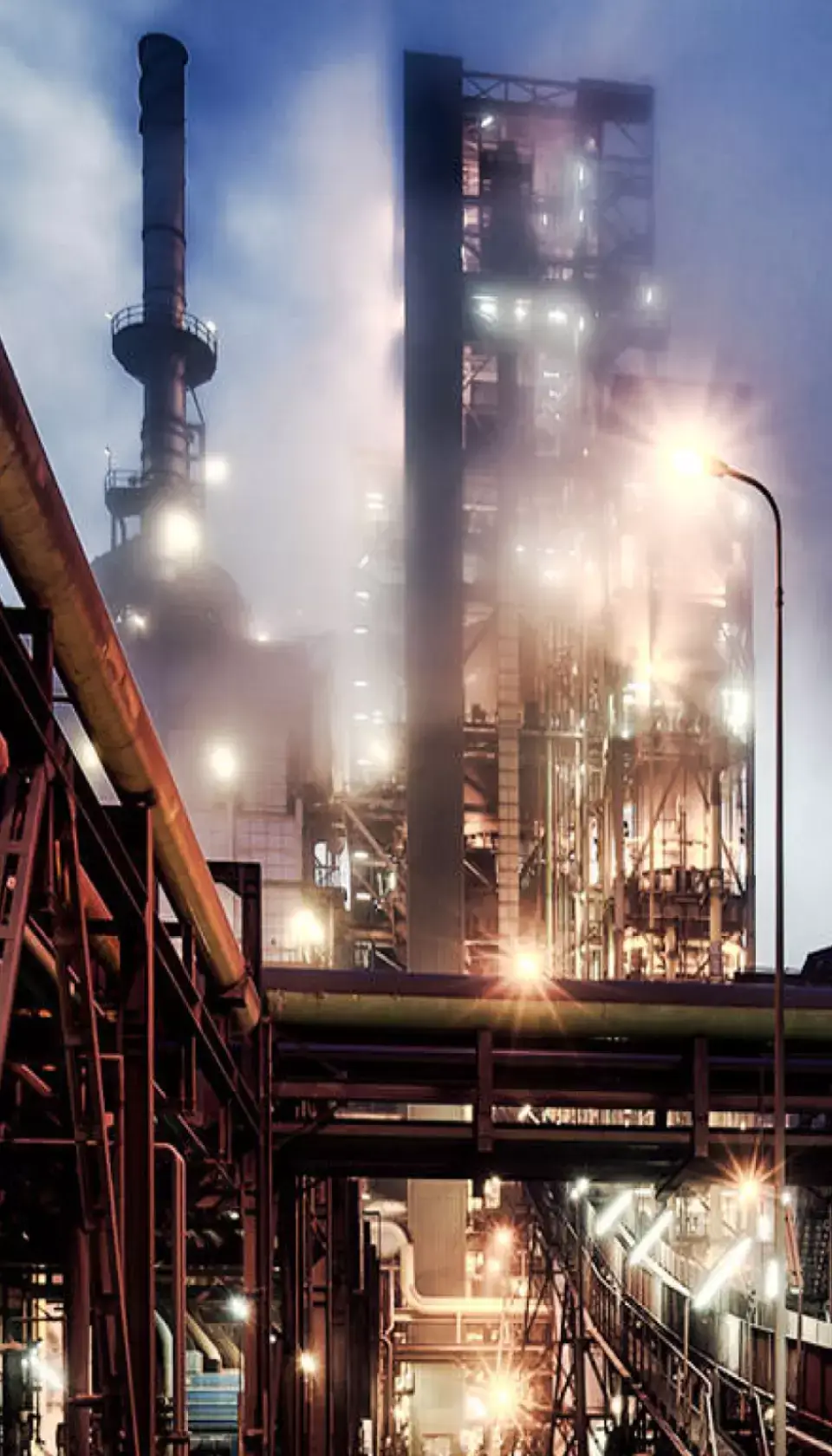
.jpg)
